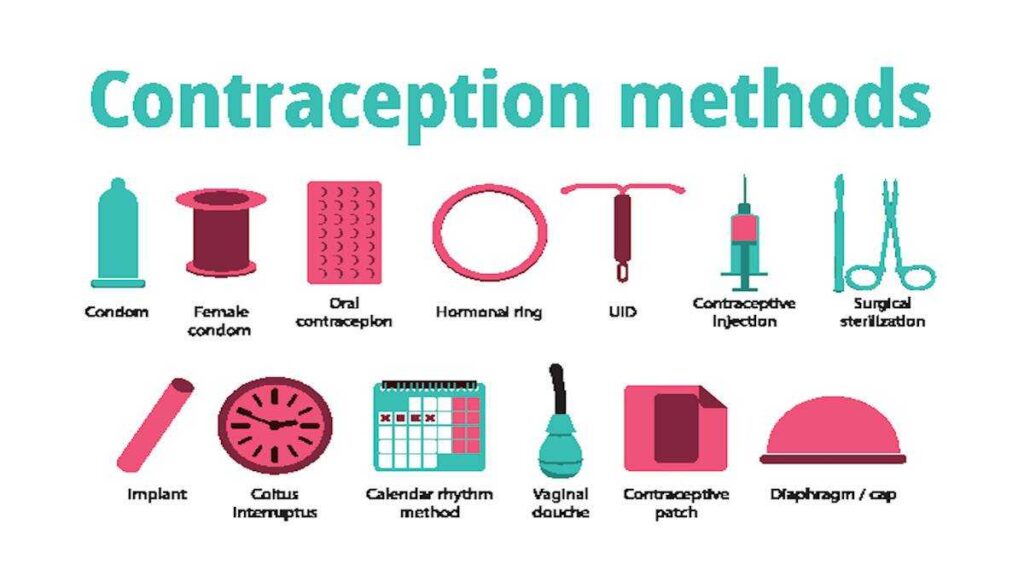Contraception plays a central role in reproductive health and family planning. Women seeking to manage the timing or number of pregnancies may rely on various methods of birth control. Understanding long-term contraception options and their mechanisms supports informed choices about reproductive well-being. Here is more information on contraception, available types, mechanisms of action, the benefits of family planning, and which options offer an extended duration of effect:
What Is Contraception?
Contraception refers to methods or devices used to prevent pregnancy. These methods are selected based on duration, reversibility, user preference, and personal health evaluations. Contraception can be temporary or permanent, and options range from user-dependent interventions to set-and-forget solutions. Consulting a specialist can help determine which option works best for your situation.
What Are the Different Types?
Contraceptive options vary and include hormonal, barrier, and permanent methods. Hormonal methods include options like the birth control pill, injections such as Depo Provera, implants like Nexplanon, and devices like the NuvaRing or Ortho Evra patch. Non-hormonal or barrier methods include the diaphragm and some intrauterine devices (IUDs).
Permanent sterilization may be used by those seeking a lasting solution. Other choices, such as Plan B or the morning after pill, are emergency contraceptive measures taken after unprotected intercourse. While these are not designed for long-term use, they play a role in contraceptive care.
How Do They Work?
Hormonal contraceptives (pills, injections, implants, patches, and rings) regulate reproductive hormones to inhibit ovulation, thin the uterine lining, or thicken cervical mucus. Barrier methods, like the diaphragm, physically block sperm from reaching the egg. IUDs may use copper, which is toxic to sperm, or release hormones to create an environment less conducive to fertilization.
Emergency options like Plan B work primarily by delaying ovulation. This reduces the chance of fertilization. Permanent sterilization involves a surgical procedure that blocks or seals the reproductive pathways, effectively preventing pregnancy.
What Are the Long-Term Options?
Long-term contraception refers to methods that provide extended protection without requiring frequent maintenance. These include:
- Intrauterine Devices (IUDs): Both hormonal and copper IUDs can be effective for several years. Once placed by a healthcare provider, IUDs allow for ongoing pregnancy prevention without daily action.
- Implants (e.g., Nexplanon): A small rod inserted under the skin of the upper arm releases hormones gradually. This option can last for a few years.
- Injectables (e.g., Depo Provera): This method involves periodic injections providing ongoing contraceptive coverage. Injectables are typically administered every few months.
- Permanent Sterilization: Tubal ligation for women is a surgical approach that blocks the fallopian tubes. This method is irreversible.
Each long-term option varies in duration, insertion or procedure, reversibility, and side effects. Candidacy and selection depend on individual health and reproductive goals.
How Is Family Planning Beneficial?
Family planning supports individuals in choosing whether and when to have children. Long-term contraception can contribute to better health outcomes by spacing pregnancies and reducing unintended pregnancies. Access to reliable contraceptive methods may also allow for educational, professional, and personal planning.
Effective use of long-term options supports consistent contraceptive coverage. This reduces daily or monthly decision-making and has potential social and economic advantages. Family planning plays a helpful role in public health and socioeconomic development.
Seek Expert Guidance Today
Women evaluating long-term contraception options benefit from discussing preferences, health history, and lifestyle with a qualified healthcare provider. Professional consultation helps align individual needs with appropriate contraceptive choices. Review available long-term methods, assess their fit with personal health goals, and build a family planning strategy with expert input.

